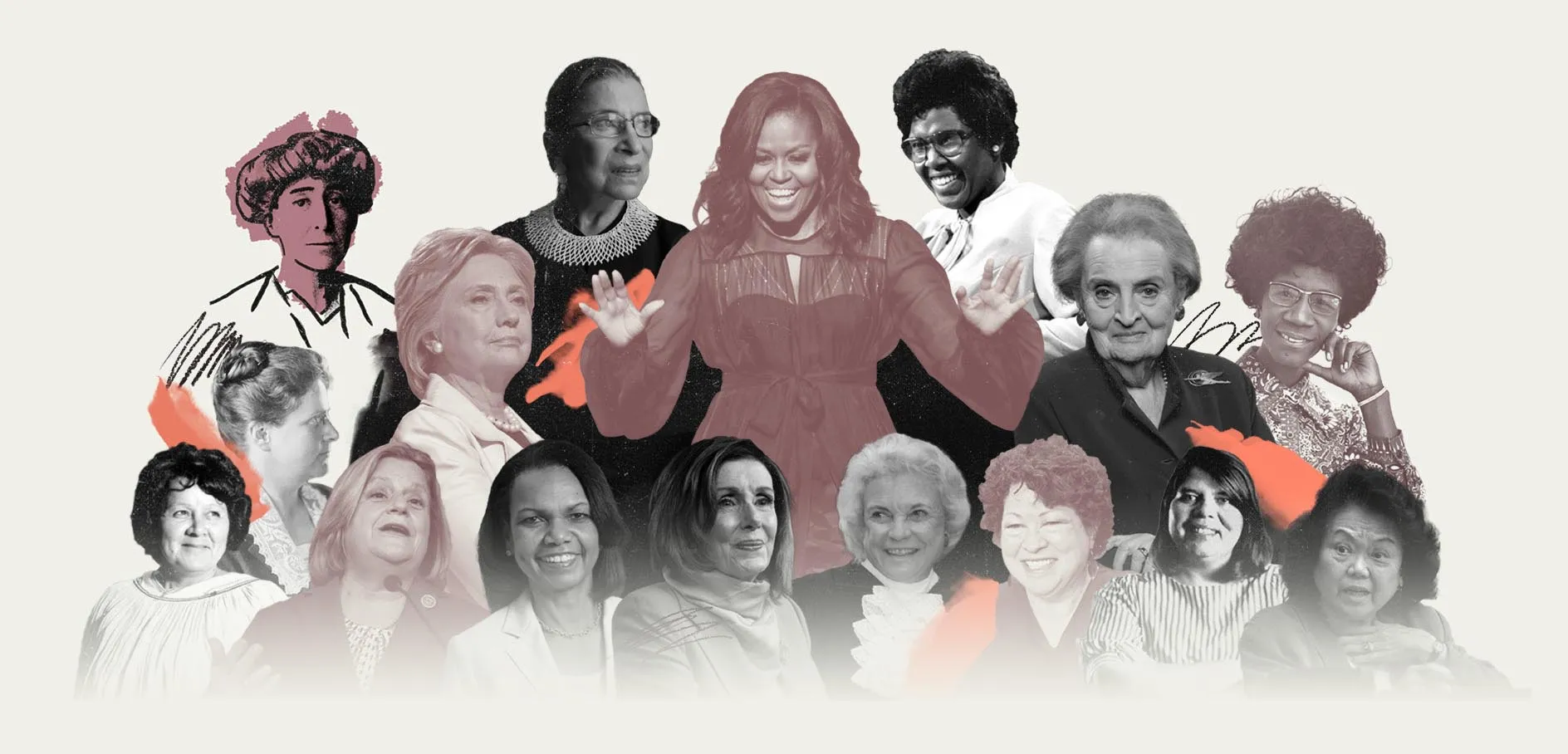In the evolving landscape of global politics, the role of women has become increasingly influential, transcending traditional boundaries and reshaping the narrative of leadership. As more women enter political spheres, they bring unique perspectives, approaches, and priorities that contribute to the creation of more inclusive policies and the redefinition of leadership norms.
Historical Progress: Historically, women faced formidable barriers to political participation. The suffragette movements of the late 19th and early 20th centuries laid the groundwork for women’s right to vote, marking a pivotal moment in the fight for gender equality. Since then, the journey of women in politics has seen remarkable progress, with women breaking through glass ceilings to occupy key leadership roles.
Shaping Policies with a Different Lens: The inclusion of women in politics is not merely about achieving numerical representation but about fundamentally altering the way policies are conceptualized and enacted. Research suggests that diverse legislative bodies lead to more comprehensive, empathetic, and effective policymaking. Women lawmakers often prioritize issues such as healthcare, education, and social welfare, bringing attention to aspects that may have been overlooked in male-dominated political arenas.
- Gender-Sensitive Policies: Women in politics champion gender-sensitive policies that address the unique challenges faced by women in society. Initiatives related to reproductive rights, gender-based violence, and workplace equality are given prominence on the political agenda.
- Advocacy for Social Justice: Women leaders are often at the forefront of advocating for social justice and equality. Their presence in politics contributes to the dismantling of discriminatory practices and the creation of legislation that promotes a fair and just society.
- Prioritizing Family and Social Issues: The inclusion of women in politics brings attention to issues related to family, children, and social welfare. Policies surrounding parental leave, affordable childcare, and healthcare often receive increased focus, reflecting a more holistic approach to governance.
Redefining Leadership Norms: Women leaders are challenging traditional notions of leadership, emphasizing collaboration, empathy, and consensus-building. Their leadership styles often prioritize relationship-building and bridge the gap between diverse perspectives. This shift in leadership norms fosters a more inclusive political environment and sets the stage for a broader representation of voices in decision-making processes.
- Collaborative Leadership: Women leaders are known for their collaborative approach to decision-making. They seek input from diverse stakeholders, fostering a sense of shared responsibility and cooperation.
- Emphasis on Emotional Intelligence: Emotional intelligence is a hallmark of women leaders, enabling them to navigate complex political landscapes with empathy and understanding. This emphasis on emotional intelligence contributes to more nuanced and compassionate governance.
- Breaking Stereotypes: Women in politics challenge gender stereotypes and demonstrate that effective leadership is not bound by gender norms. Their success inspires future generations of women to aspire to leadership roles without limitations.
Conclusion: The increasing presence of women in politics is not just a matter of representation; it is a transformative force that is reshaping policies and redefining leadership norms. As women continue to break barriers and contribute their unique perspectives to political discourse, the world is witnessing the emergence of more inclusive, equitable, and effective governance. The ongoing journey of women in politics is a testament to the power of diversity and the positive impact it can have on societies across the globe.











